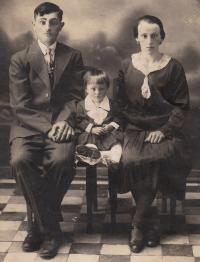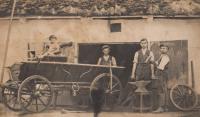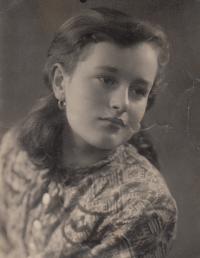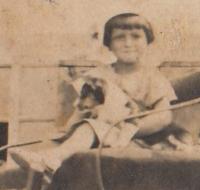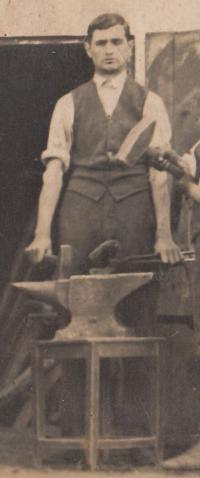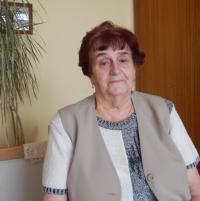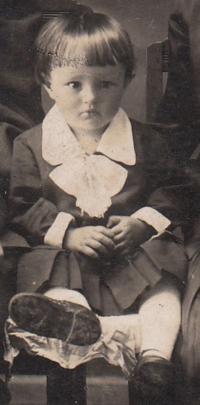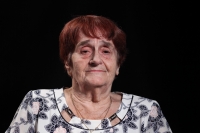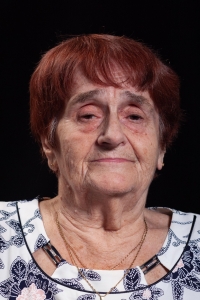Russians or Germans ruled us during the day, and the Bandera group at night
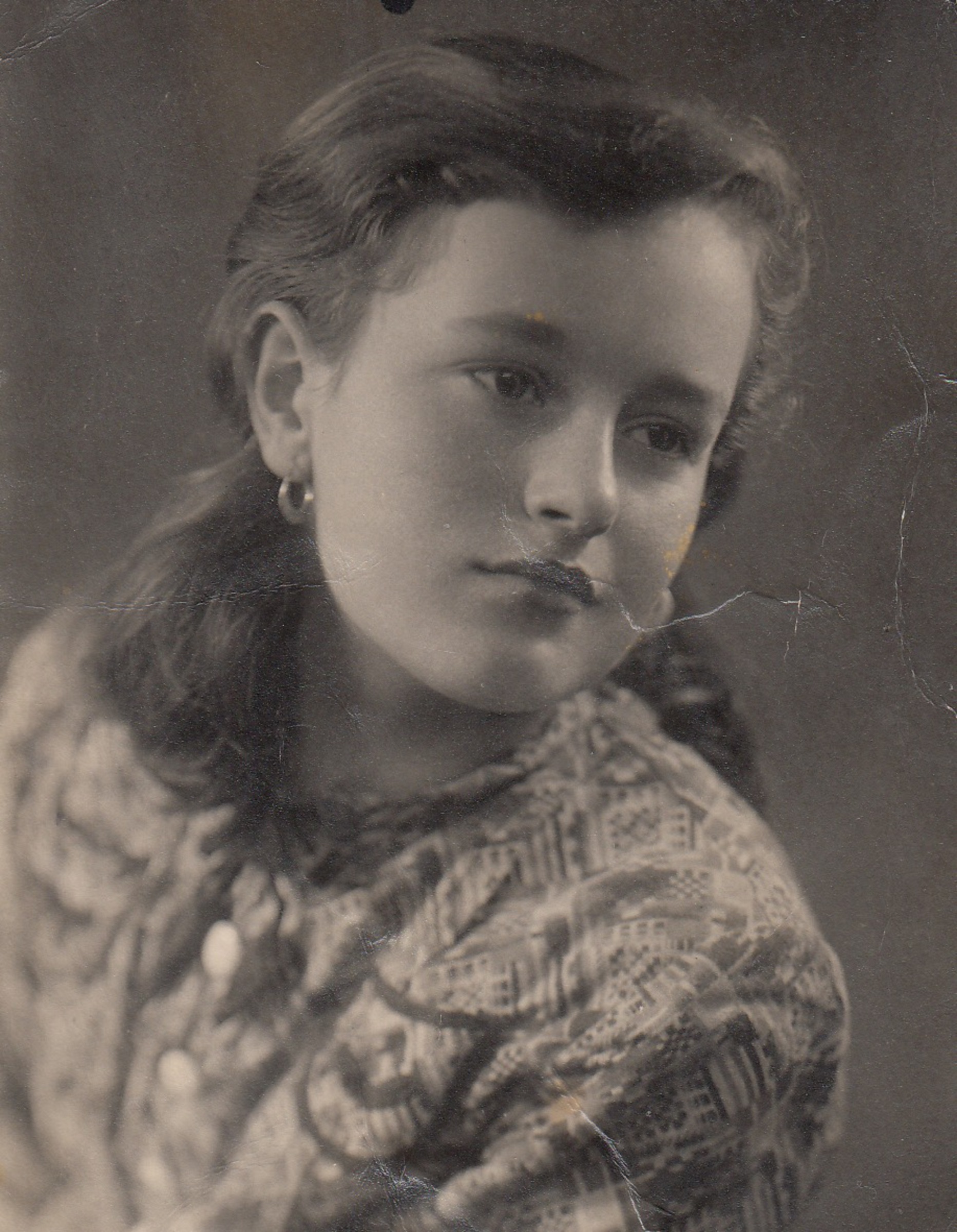
Stáhnout obrázek
Helena Zemanová, née Hašlerová, was born on 29 December, 1931 in a village of Zaritsk in the Volyn region. Under the Soviet rule she experienced the collectivisation, persecution and arresting the Polish intelligence and farmers, and sending whole families to Siberia. During the German occupation she witnessed hunting and killing Jews and Pols by the young members of the Ukraine rebellion movement. She describes her personal experience with the Russians, Germans and the Ukrainians including the members of the Bandera movement. Several relatives of Helena Zemanová joined the Svoboda army during recruiting in Rivne in March 1944. After the end of war she experienced the clashes between the Soviet units and the Bandera group. In February 1947 she re-emigrated with her parents to Czechoslovakia. For a year they lived and worked at the castle mansion in Vlastislav in the Northern Bohemia. Then they moved to the farm in Mlékojedy near Litoměřice. It got nationalised by the communists. Since 1952 she worked first in Stavební správa Lovosice, then in Litoměřice and in company headquarters of Pozemní stavby in Ústí nad Labem as a secretary, a material accountant. In 1965 she moved with her husband and two small boys from Most to Ústí nad Labem, where she started working as an accountant in Vodohospodářské stavby during 1960s and then in Severočeské uhelné doly as a clerk and accountant. In 1988 she retired. Today she is still and active member of the Litoměřicke Association of Czechs from Volyn and their friends.
